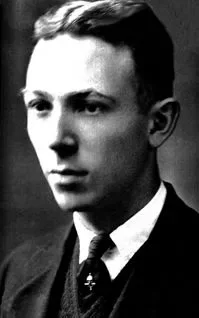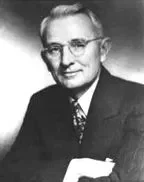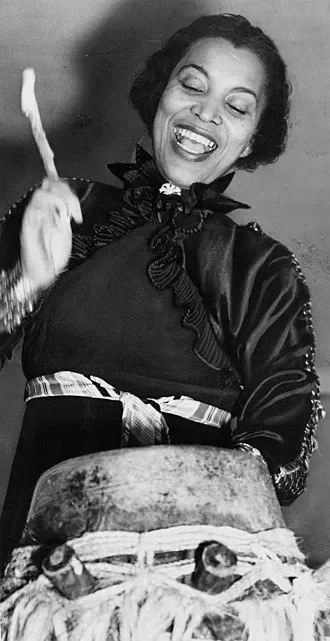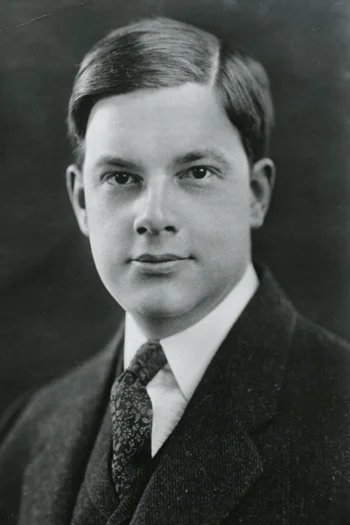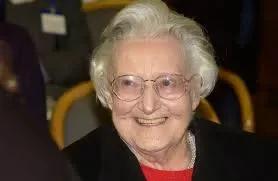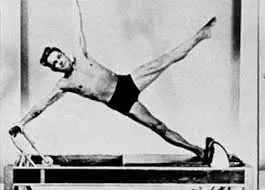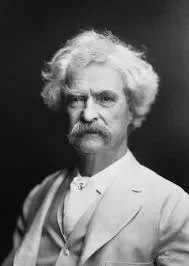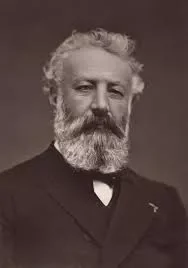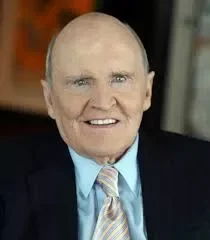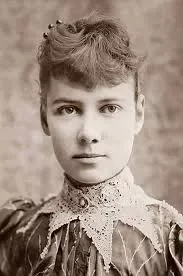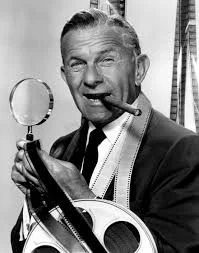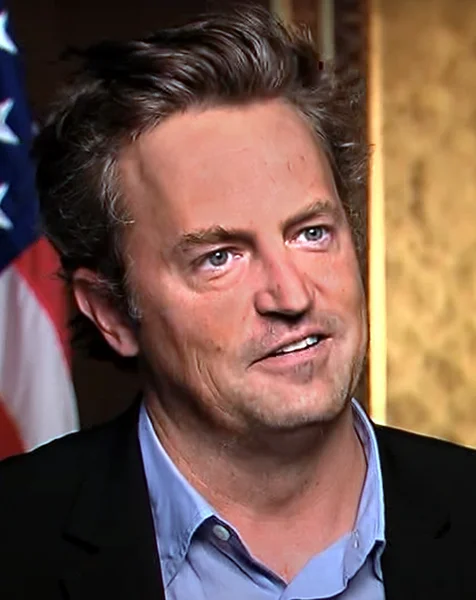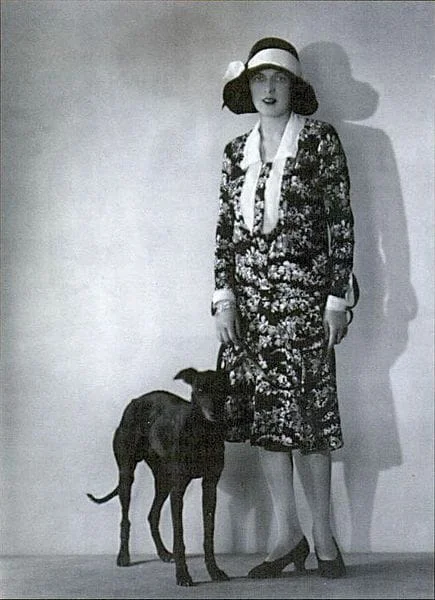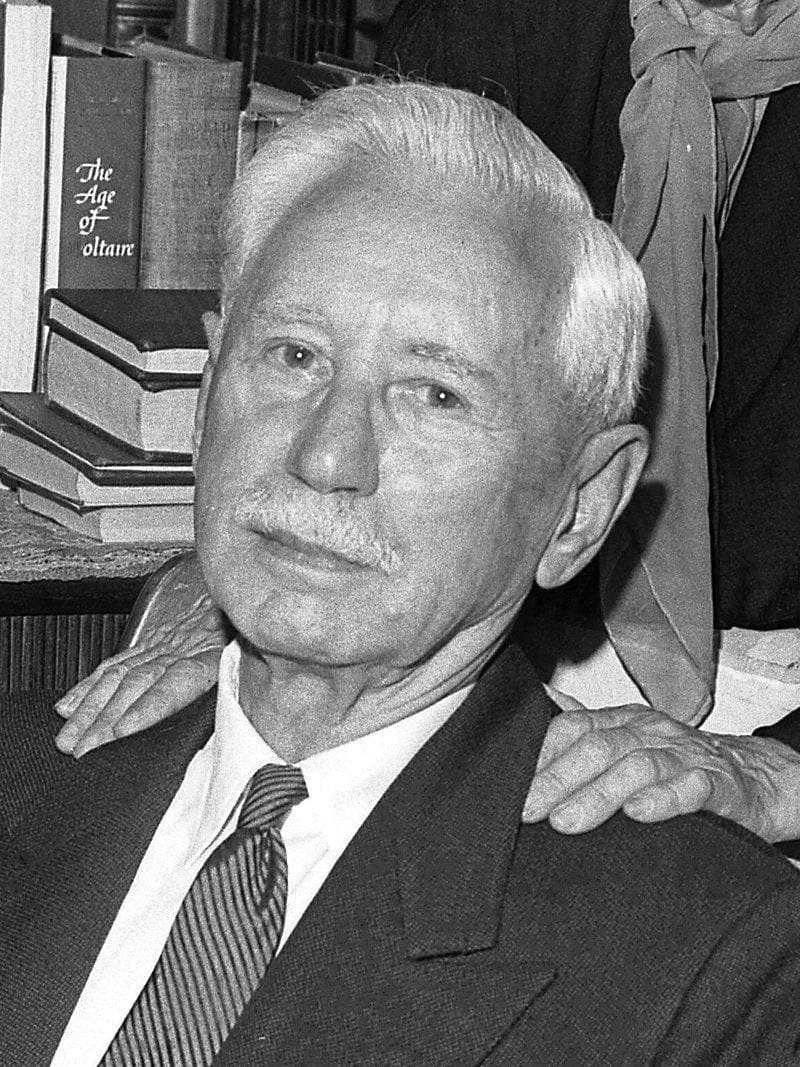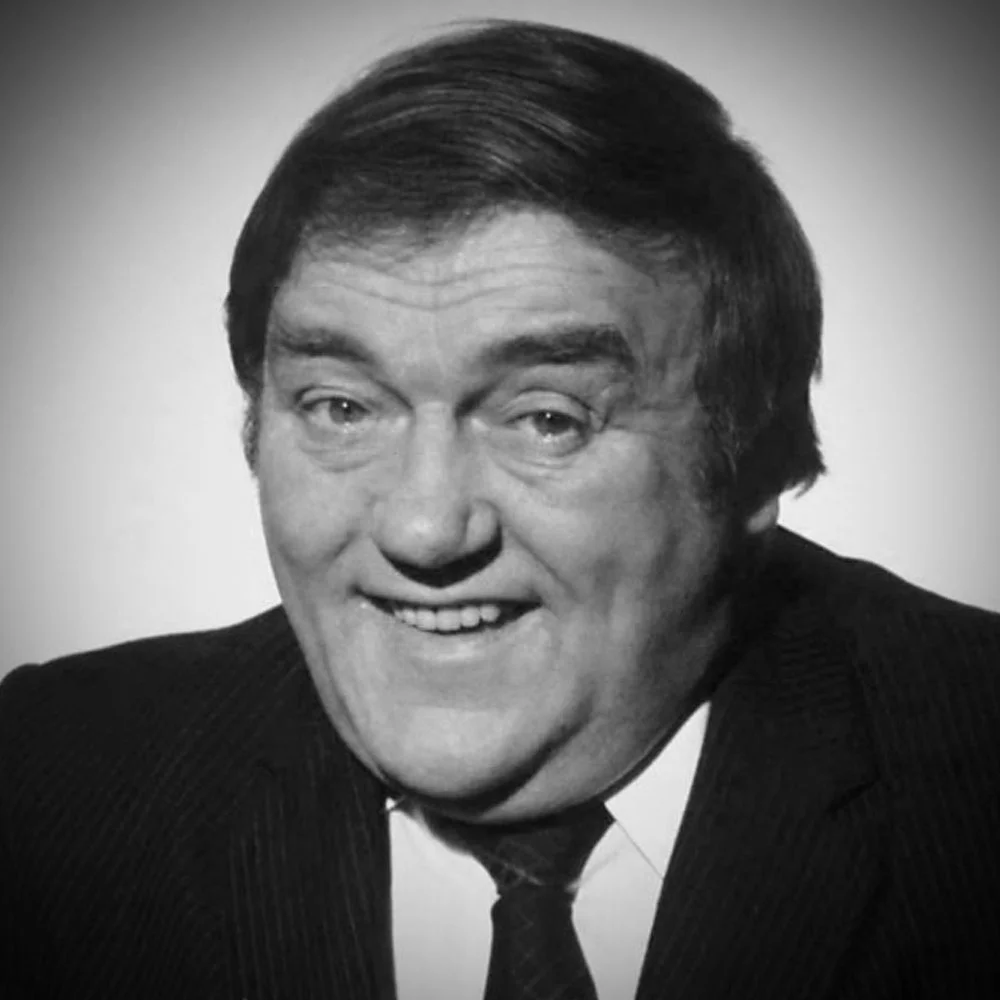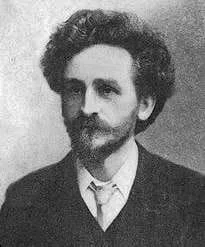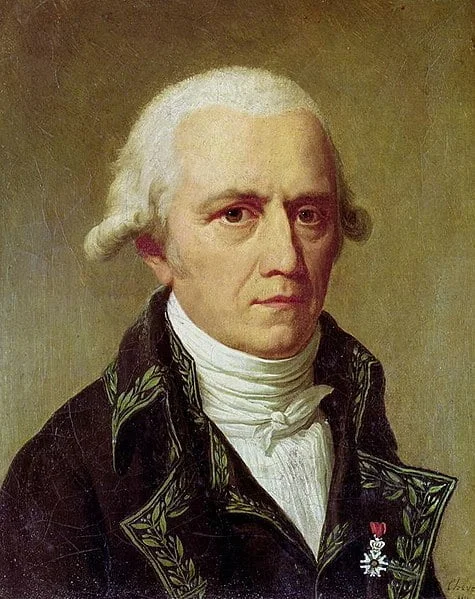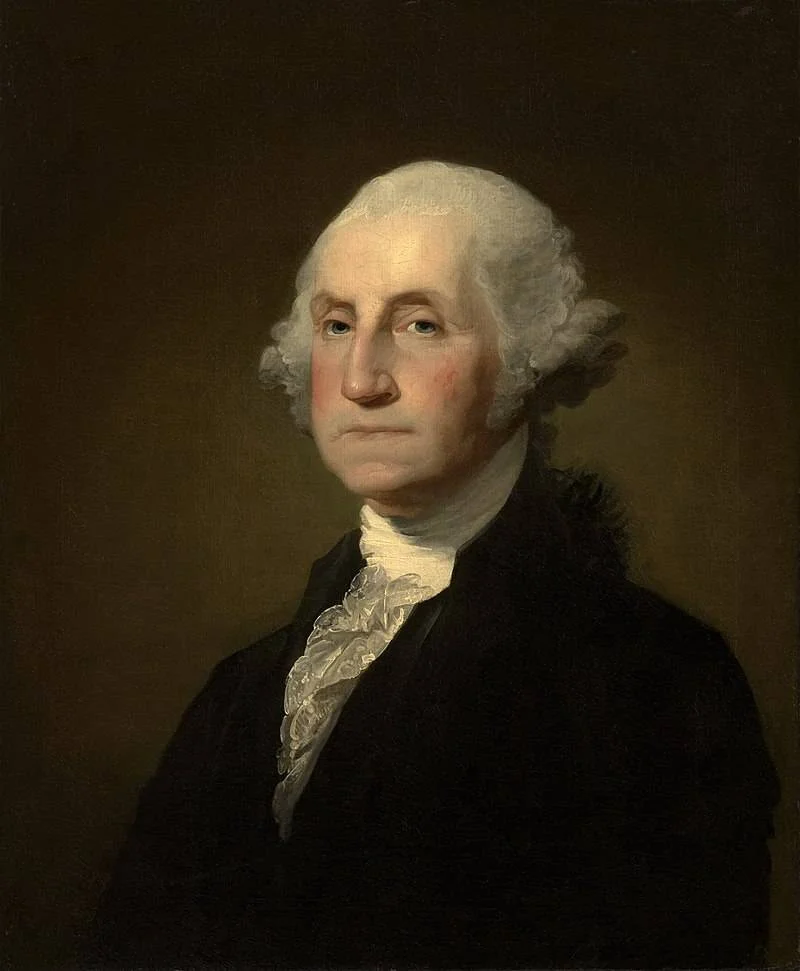Real Celebrities Never Die!
OR
Search For Past Celebrities Whose Birthday You Share
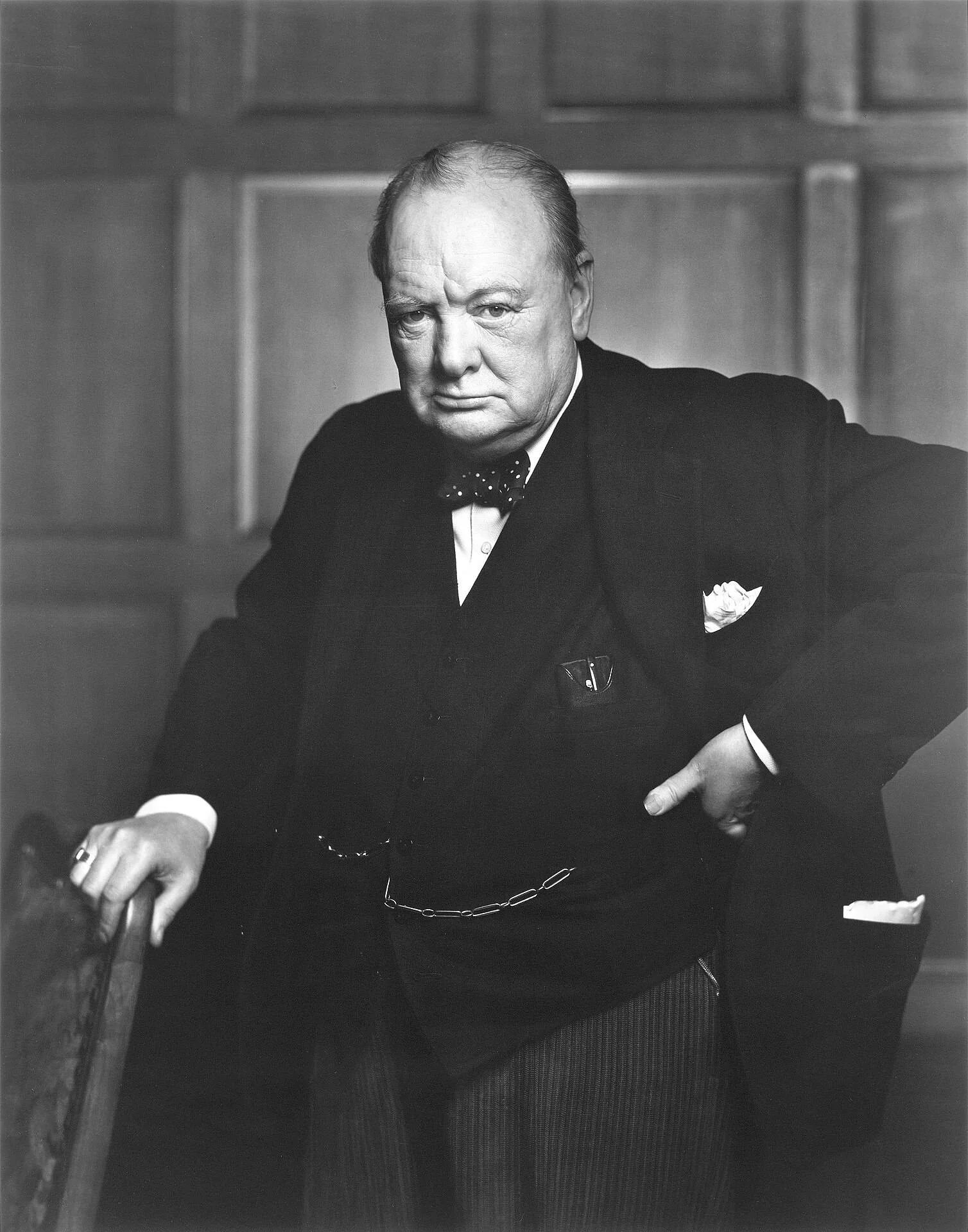
source: wikipedia.org
Winston Churchill
Birthday:
30 Nov, 1874
Date of Death:
24 Jan, 1965
Cause of death:
Stroke
Nationality:
British
Famous As:
Soldier
Age at the time of death:
90
Winston Churchill's Quote's
Early Life and Background
Winston Churchill was a British statesman, soldier, and writer who is widely regarded as one of the most prominent figures in British history. Born in 1874 at Blenheim Palace, Churchill was the son of Lord Randolph Churchill, a Conservative politician, and Jennie Jerome, an American socialite. Despite his privileged upbringing, his childhood was unhappy, and he struggled academically in school. In 1893, he joined the British Army, serving in India, Sudan, and Cuba. Alongside his military career, Churchill worked as a war correspondent and authored several books about his experiences.
Entry into Politics
Churchill began his political career in 1900 as a Conservative Member of Parliament for Oldham. Four years later, he switched to the Liberal Party. He held several pivotal cabinet positions under Prime Ministers Sir Henry Campbell-Bannerman and H.H. Asquith, including President of the Board of Trade, Home Secretary, and First Lord of the Admiralty.
Challenges During World War I
Churchill’s reputation suffered during the First World War when he was blamed for the disastrous Gallipoli Campaign, which he had conceived and championed. Following the failure of the campaign, he resigned from his position in 1915 and rejoined the British Army as a battalion commander on the Western Front. Despite this setback, he returned to politics two years later as Minister of Munitions and subsequently held other high-ranking positions.
Opposition to Nazi Germany
In the 1930s, Churchill was among the first politicians to warn against the threat posed by Nazi Germany. He opposed the appeasement policy of Prime Minister Neville Chamberlain and campaigned for a strong stance against Adolf Hitler. Churchill’s foresight and persistence earned him the position of Prime Minister in 1940 after Chamberlain resigned following Germany’s invasion of France.
Leadership During World War II
As Prime Minister, Churchill acted swiftly to address the crisis. He formed a coalition government comprising members of all major political parties and led Britain’s resistance against Nazi aggression. He built a close alliance with U.S. President Franklin D. Roosevelt and Soviet Premier Joseph Stalin, collectively known as the “Big Three.” His leadership and oratory inspired the British people during one of their darkest times.
Post-War Years and Return to Power
Churchill’s Conservative Party lost the 1945 general election to Clement Attlee’s Labour Party. As Leader of the Opposition, he maintained a strong stance against Soviet expansionism and became an advocate for European unity. In 1951, he returned to power, serving another term as Prime Minister. However, his health declined after a massive stroke in 1953, impairing his ability to govern.
Later Years and Legacy
Churchill resigned as Prime Minister in 1955 but remained an active Member of Parliament until 1964. He passed away in his London home in 1965 at the age of 90. Churchill’s legacy endures as a symbol of resilience and leadership during one of history’s most turbulent periods.
Name:
Winston Churchill
Popular Name:
Winston Churchill
Gender:
Male
Cause of Death:
Stroke
Spouse:
Place of Birth:
Blenheim, Oxfordshire, England
Place of Death:
London, England
Occupation / Profession:
Personality Type
Entrepreneur: Churchill was an energetic leader who loved to take action. He wasn’t afraid to make bold decisions that could affect the course of history.
He had difficulty pronouncing the letter “s” due to a speech impediment
He was the first person to become an honorary citizen of the United States.
The first use of the abbreviation “OMG” was in a letter from Lord Fisher to Winston Churchill.
Winston Churchill began painting in his 40s and would go on to paint over 500 paintings throughout his life.
Churchill was named Leader of the Opposition in 1945.
He served two terms as Prime Minister of the United Kingdom.
He was appointed First Lord of the Admiralty in 1939.
He was appointed Home Secretary in 1910.
He was elected President of the Board of Trade in 1908
He was named Father of the House of Commons in 1959.
He won the Nobel Prize for Literature in 1953.
Winston Churchill was first elected Member of Parliament in 1901.

